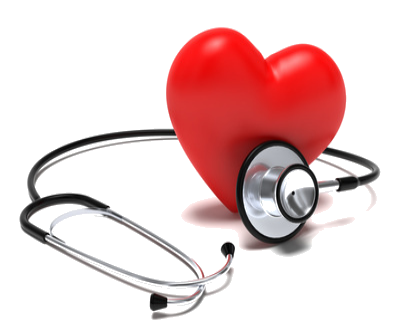Are you at risk for high blood pressure?
February 11, 2021
According to the American Heart Association, one in three American adults has high blood pressure, also known as hypertension. High blood pressure usually has no symptoms, so it’s sometimes called a “silent killer.” The only way to know if you have high blood pressure is to get tested. High blood pressure can lead to heart attack, stroke, and kidney problems.
Your risk for high blood pressure goes up as you get older. According to the American Heart Association, before age 65, men are at an increased risk for high blood pressure, but after 65 years old women are more likely to have high blood pressure.
Other risk factors include: family history of high blood pressure, being overweight, not enough physical activity, not eating healthy, smoking/tobacco use, drinking too much alcohol, and more than half of the people with high blood pressure also have high cholesterol.
Blood pressure is written as two numbers, one over the other. The top number is your systolic pressure when your heart is beating. It indicates how much pressure your blood is exerting against your artery walls when the heart beats. The bottom number is your diastolic pressure when your heart is resting, indicating how much pressure your blood is exerting against your artery walls while the heart is resting between beats. A normal blood pressure level is less than 120/80.
If you have or are at risk of having high blood pressure, a key item to avoid when choosing foods is sodium (salt). Watch for labels such as “low in sodium,” “reduced sodium,” or “no salt added.” Choose foods with 5% or less of the Daily Value of sodium. Foods with a DV of 20% or more are high in sodium. Eating more potassium can also help lower your blood pressure. Good sources of potassium include potatoes, cantaloupe, bananas, beans, and yogurt.
If you’re curious about your blood pressure, you can call Mille Lacs Health System at 320 532-3154 to schedule a nurse visit at any of our clinics. Due to COVID MLHS is not able to run usual Weekly Blood Pressure Clinics, but the facility can schedule appointments for blood pressure screenings.
